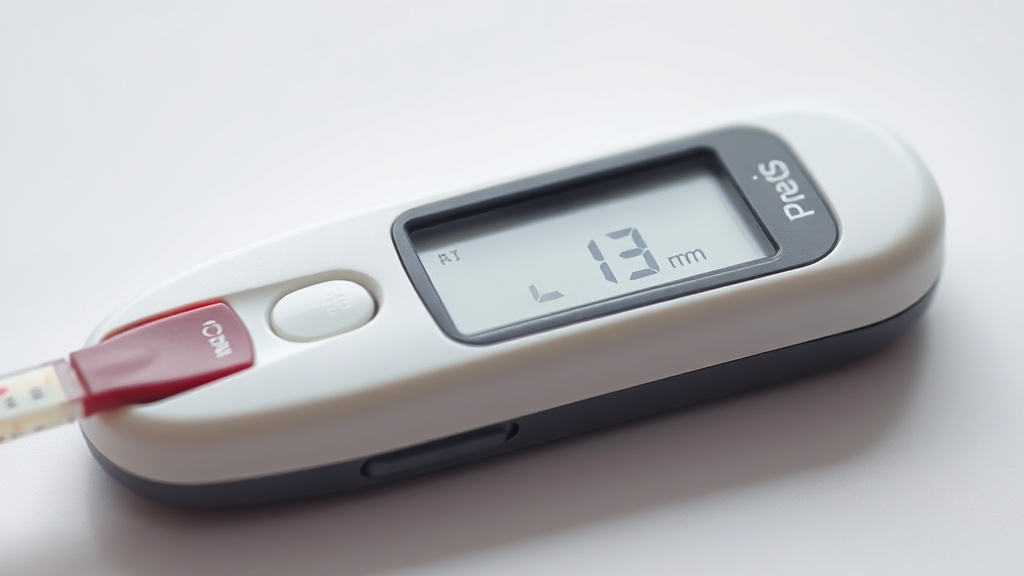Home / Health / Zero-Carb Diet Dangers for Diabetics Revealed
Zero-Carb Diet Dangers for Diabetics Revealed
19 Nov
Summary
- Severely restricting carbs can lead to hypoglycemia in diabetics.
- Zero-carb diets risk nutrient deficiencies and electrolyte imbalance.
- Extreme diets can cause malnutrition, frailty, and brain fog.

For individuals managing diabetes, a zero-carb diet may pose significant health risks. While diet and exercise are crucial, completely eliminating carbohydrates can lead to hypoglycemia, particularly for patients on insulin. Such restrictive diets can also result in deficiencies of essential vitamins and minerals found in fruits, vegetables, and whole grains, potentially causing electrolyte imbalances and dehydration.
The body's response to extreme carbohydrate restriction can be severe. When deprived of carbs, the body burns fat for energy, producing ketones. An excess of ketones can make the blood acidic, a dangerous condition known as ketoacidosis. This over-restriction can ultimately lead to undernutrition and malnutrition, manifesting as a loss of physical strength, frailty, and lean muscle mass.
Instead of a zero-carb approach, a balanced low-carb diet incorporating nutrient-dense sources like leafy vegetables, nuts, and seeds is recommended. Ensuring adequate protein, vitamins, and minerals is vital to prevent undernutrition. Complementing diet with resistance training can help maintain muscle strength and overall bodily function, combating fatigue and brain fog.



